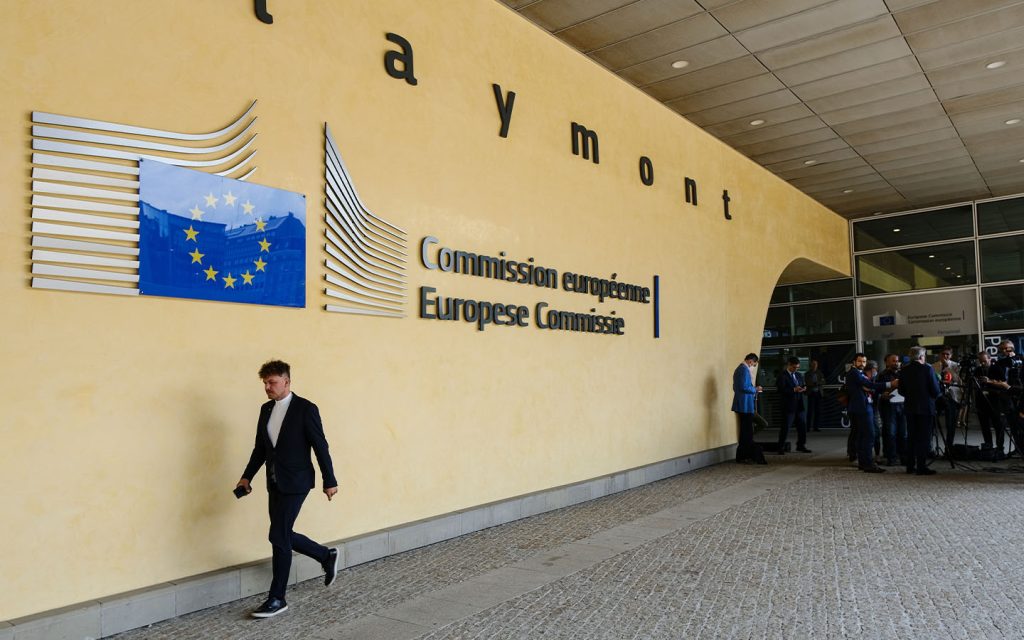“You no longer have access to this game.”
That’s the message fans of the racing video game The Crew saw upon trying to launch the game last April. Players had known this was coming — the company had previously announced that servers would be taken offline at the end of March.
The only problem? Fans had paid US$59.99 (around 485 patacas) to buy the game.
Fed up with companies “effectively destroying” games, YouTuber Ross Scott launched the Stop Killing Games campaign.
[See more: The ultimate guide to the best video game shops and arcades in Macao]
The self-proclaimed consumer movement has started petitions around the world, including one in the European Union (EU) that reached a million signatures this month — enough to guarantee consideration by the European Commission.
Advocates want developers to modify sunsetting games so that they can be run on customers’ own computers or volunteers’ servers after official servers are shut down. Meanwhile, gaming companies have pushed back, arguing the initiative’s proposals would make it “prohibitively expensive” to develop new games.
Digital obsolescence
About 70 percent of video games with online requirements are either “dead” or at risk, according to a list maintained by Scott and a team of volunteers. The group defined “dead” games as those completely unplayable, while at-risk games were those that don’t have the mechanisms in place to be preserved by the player community in case developers cease support.
Scott and his team pointed to games such as Knockout City by Velan Studios, which allows players to host the game privately after official servers closed, as examples for the types of end-of-life plans they propose.
[See more: Macao’s e-sports potential: A new era for tourism?]
In a video announcing the campaign, Scott called the practice of selling video games as goods only to revoke players’ access to it an “assault on both consumer rights and preservation of media.” Highlighting how many online games from prior decades still work today, Scott alleged that the “killing” of games is a newer phenomenon, accusing developers of intentionally making games dependent on official servers.
Legislative action

Stop Killing Games’ efforts have made their way to national governments. In February, the United Kingdom (UK) government responded to a local petition that reached over 100,000 signatures — the threshold required for the UK parliament’s consideration. In a written statement, the government said that it was monitoring the issue of digital products becoming inoperable.
“If consumers are led to believe that a game will remain playable indefinitely for certain systems… the CPRs [Consumer Protection from Unfair Trading Regulations] may require that the game remains technically feasible,” it wrote.
[See more: Experts discuss the future of video gaming at the BEYOND consumer tech summit]
Meanwhile, the campaign’s citizen’s initiative petition in the EU has received support from politicians. Last April, European Parliament member Niklas Nienaß and then-member Patrick Breyer helped Stop Killing Games submit their concerns as a priority question to the European Commission.
On July 13 this year, European Parliament Vice President Nicolae Ștefănuță similarly joined the cause by signing the petition.
“I stand with the people who started this citizen initiative,” Ștefănuță wrote in a social media statement. “A game, once sold, belongs to the customer, not the company.”






